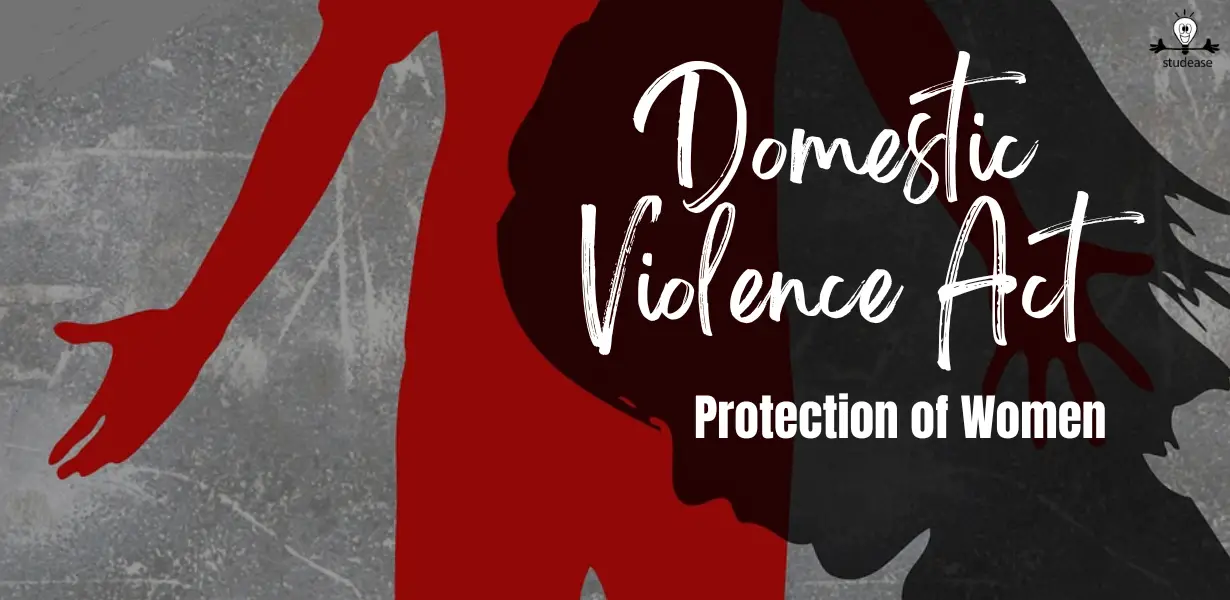Free Courses Sale ends Soon, Get It Now


Free Courses Sale ends Soon, Get It Now



Copyright infringement not intended
Picture Courtesy: www.studease.in
Context: The Supreme Court decides whether a transgender woman who has undergone sex reassignment surgery can claim maintenance under the Protection of Women from Domestic Violence Act, 2005 (DV Act).
Details
Domestic Violence Act 2005
Features
Significance
Significant steps to enforce the Act, including:
Challenges
Way Forward to strengthen the effectiveness of the Domestic Violence Act 2005
Conclusion
Must Read Articles:
International Day for The Elimination Of Violence Against Women: https://www.iasgyan.in/daily-current-affairs/international-day-for-the-elimination-of-violence-against-women
|
PRACTICE QUESTION Q. What are the prevailing factors contributing to the high incidence of domestic violence in India, and what measures have been taken by the government and society to address this issue and support the victims? |
© 2024 iasgyan. All right reserved